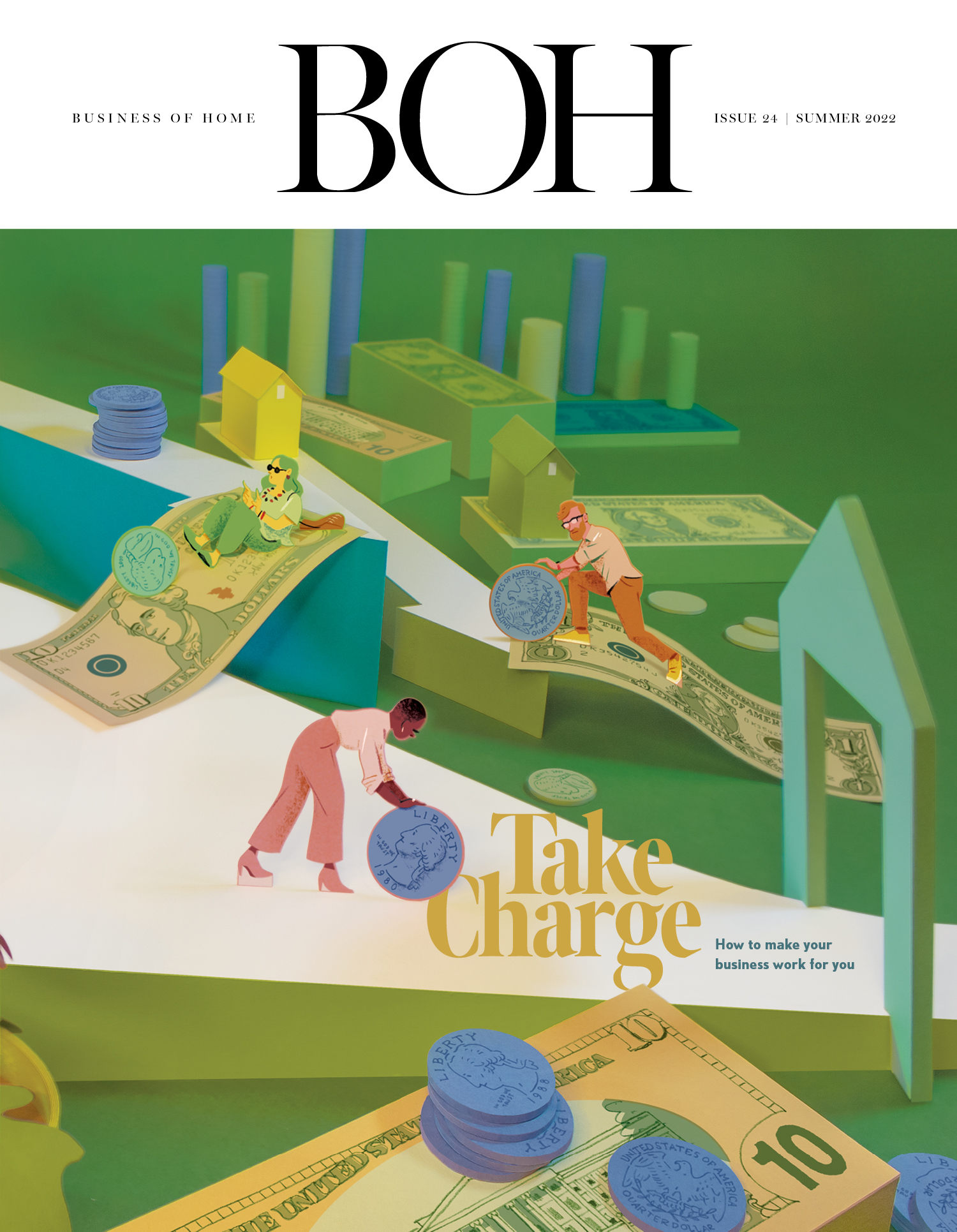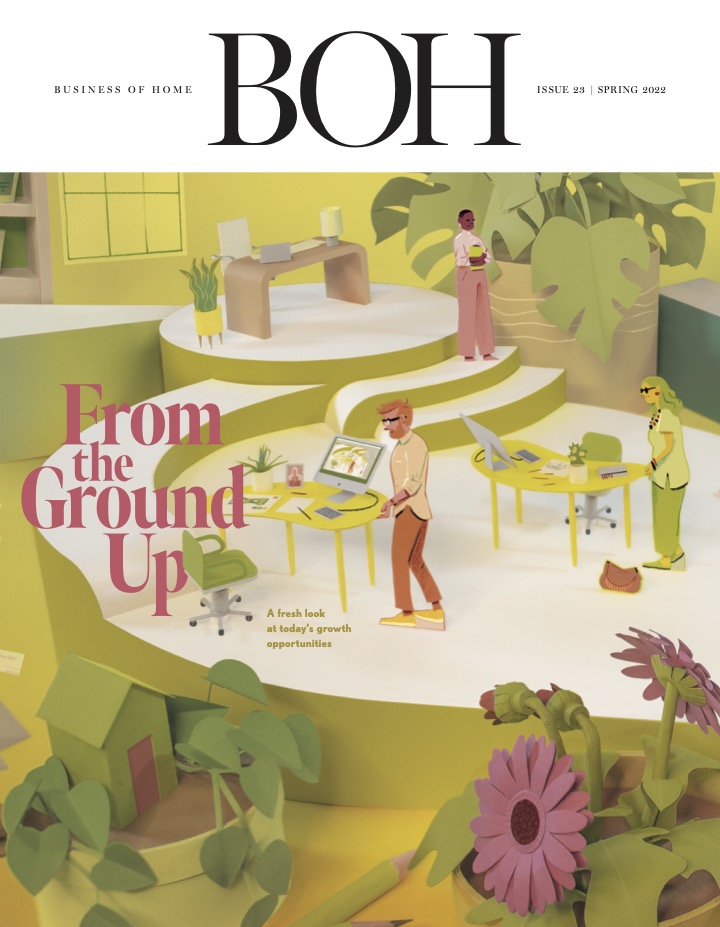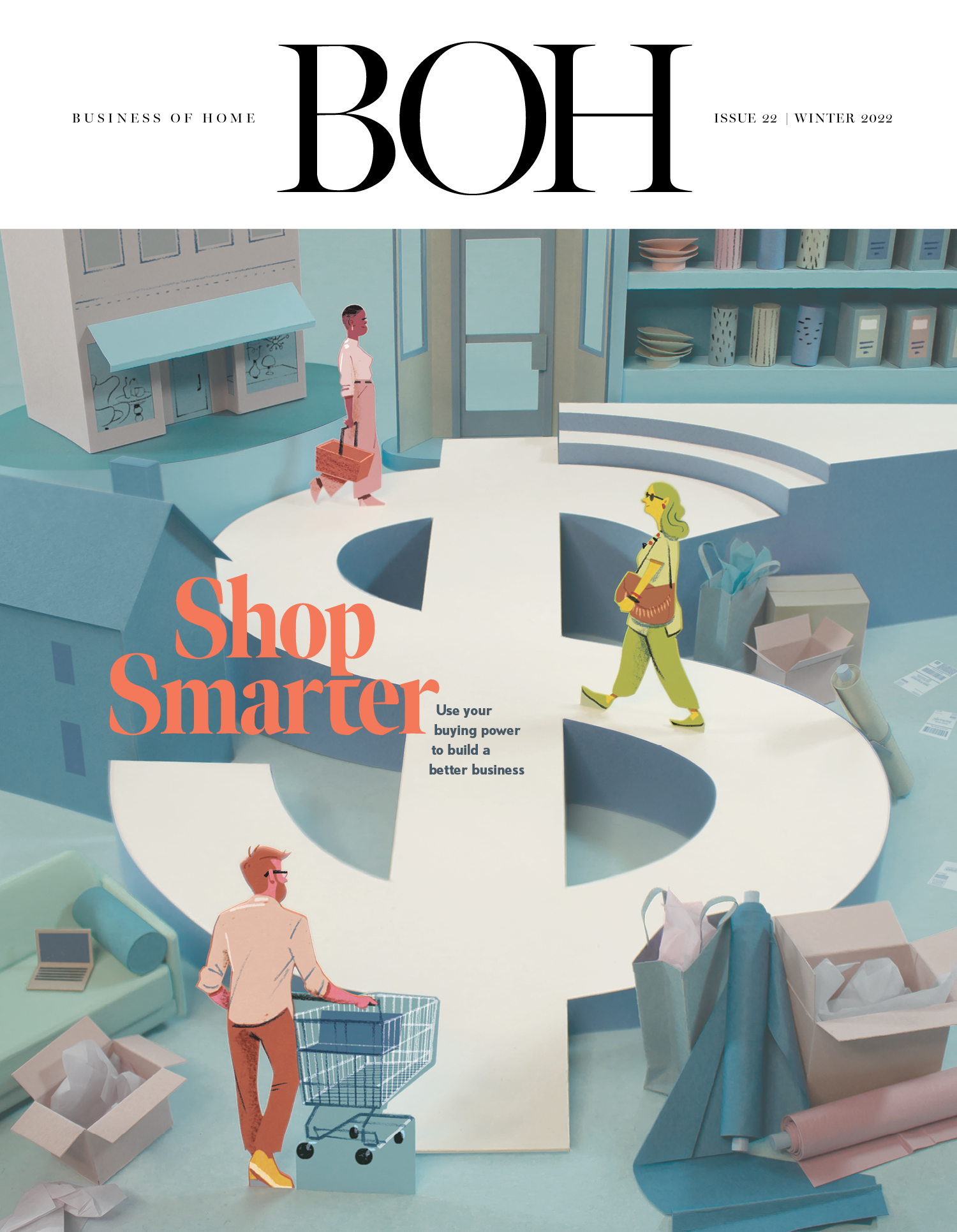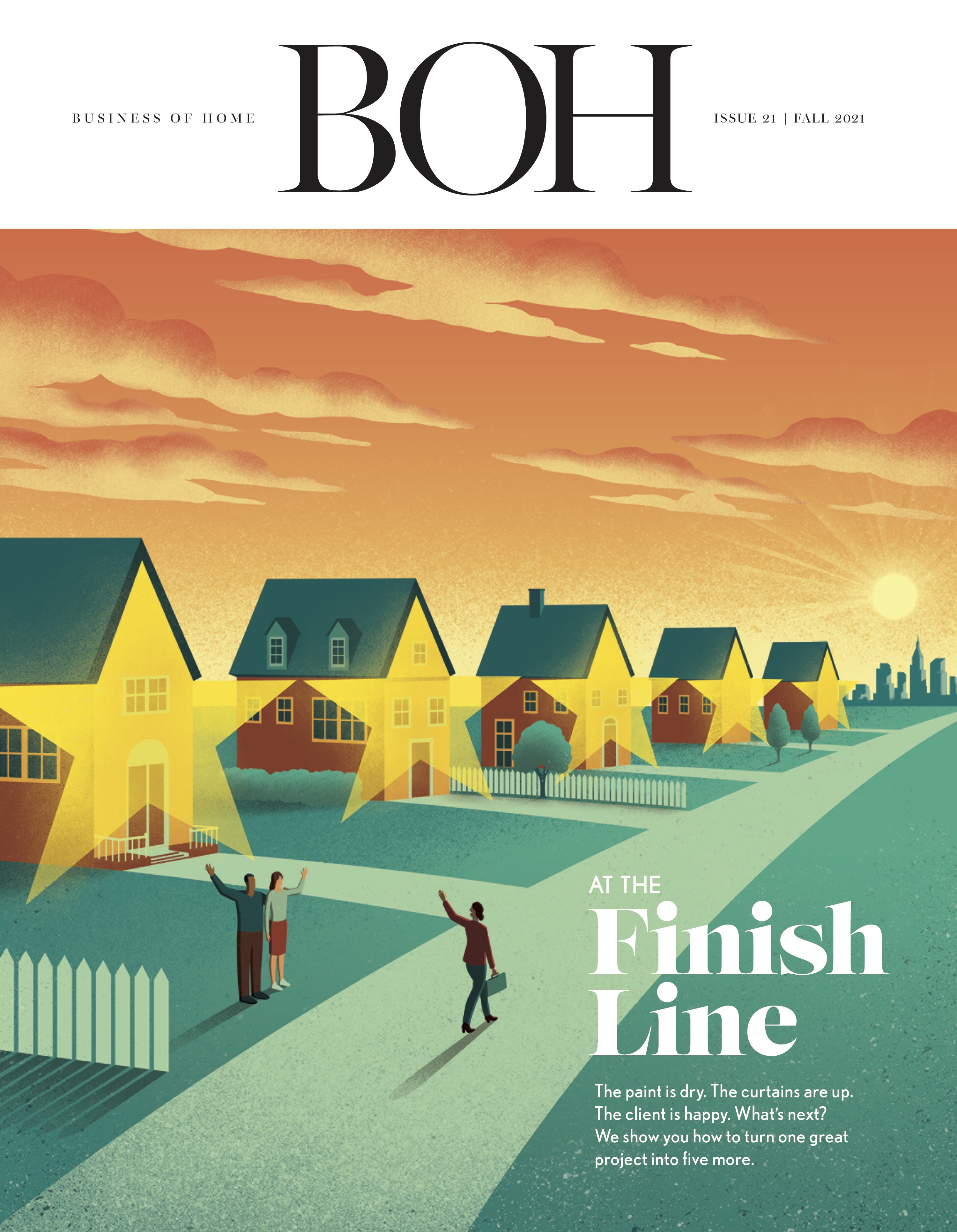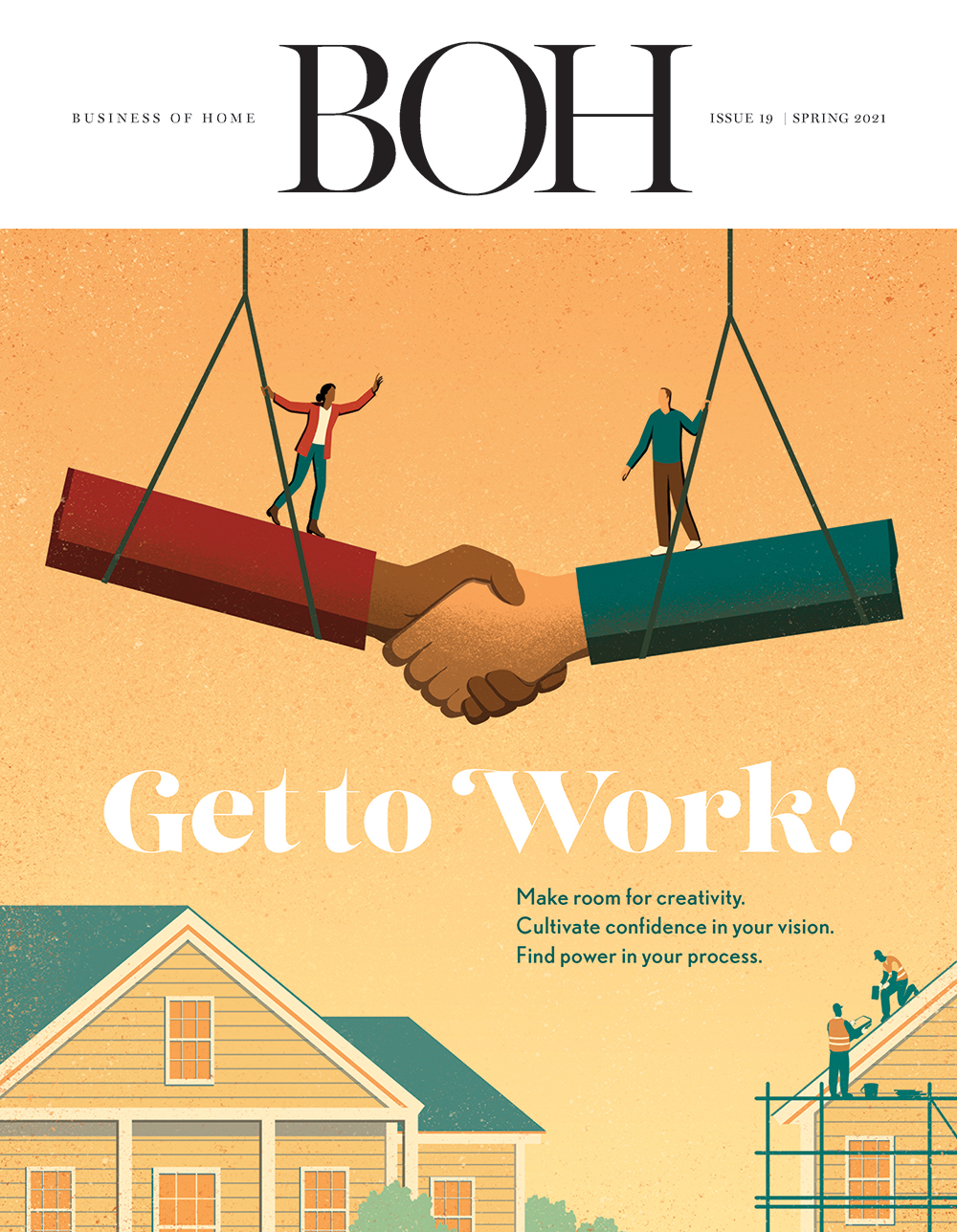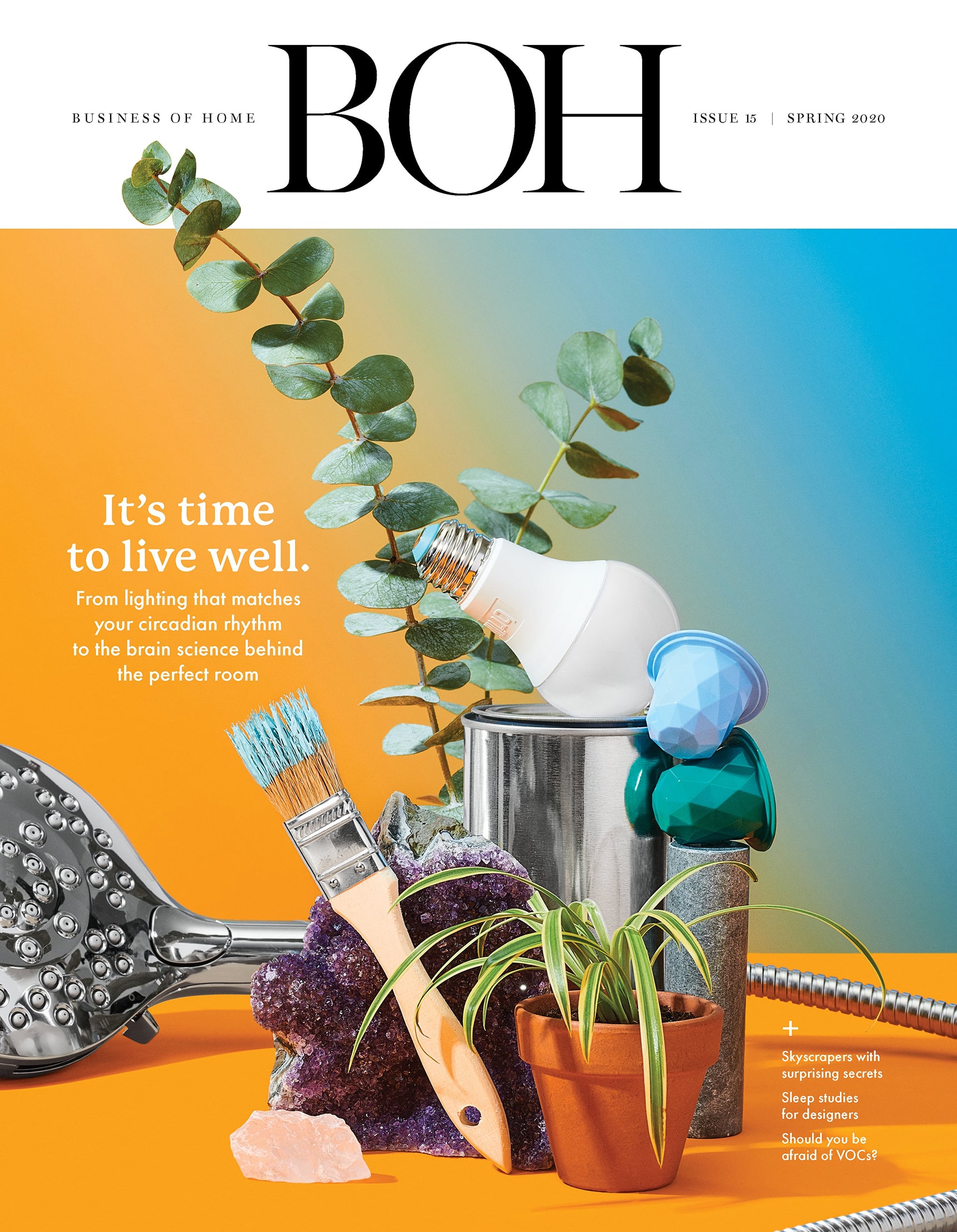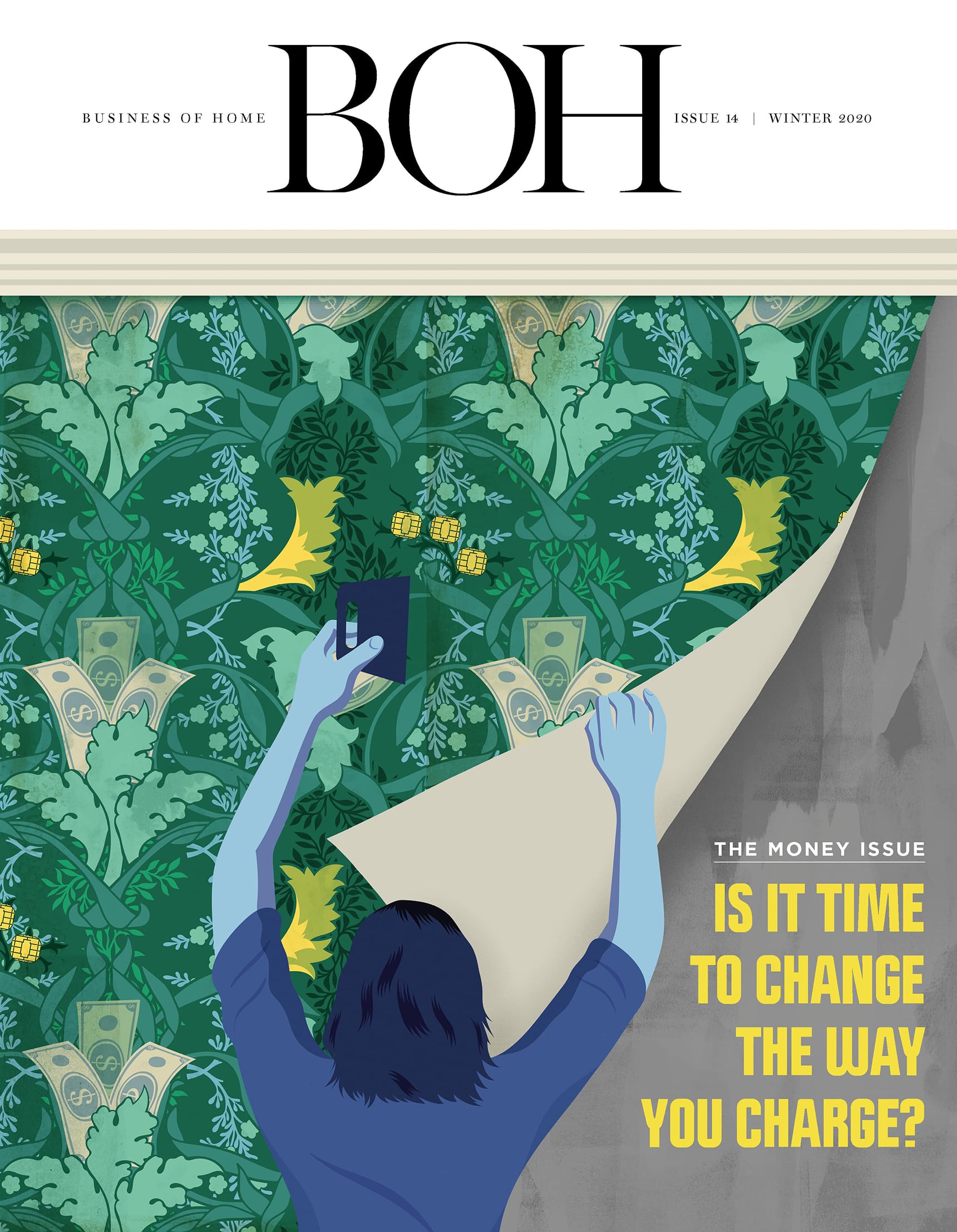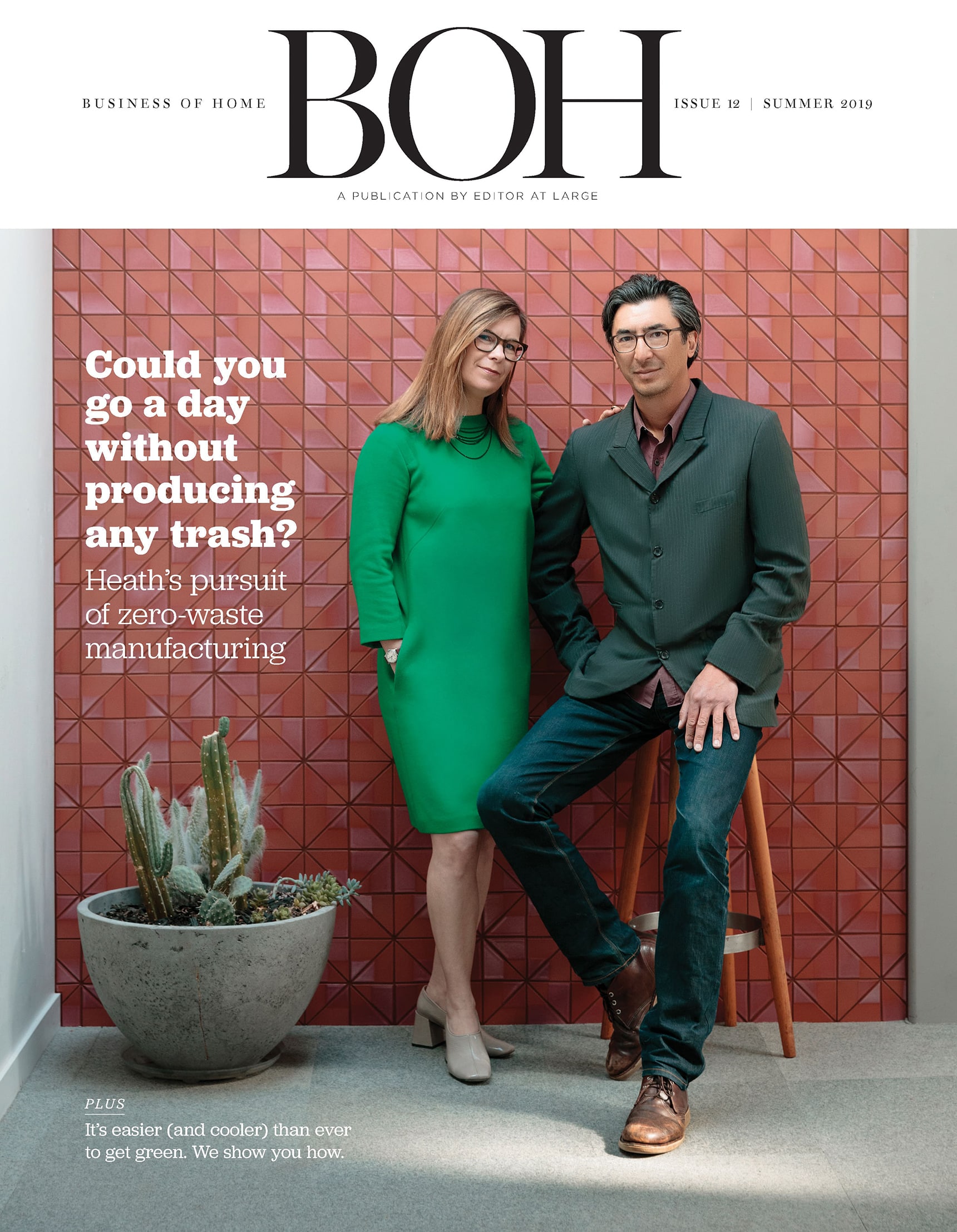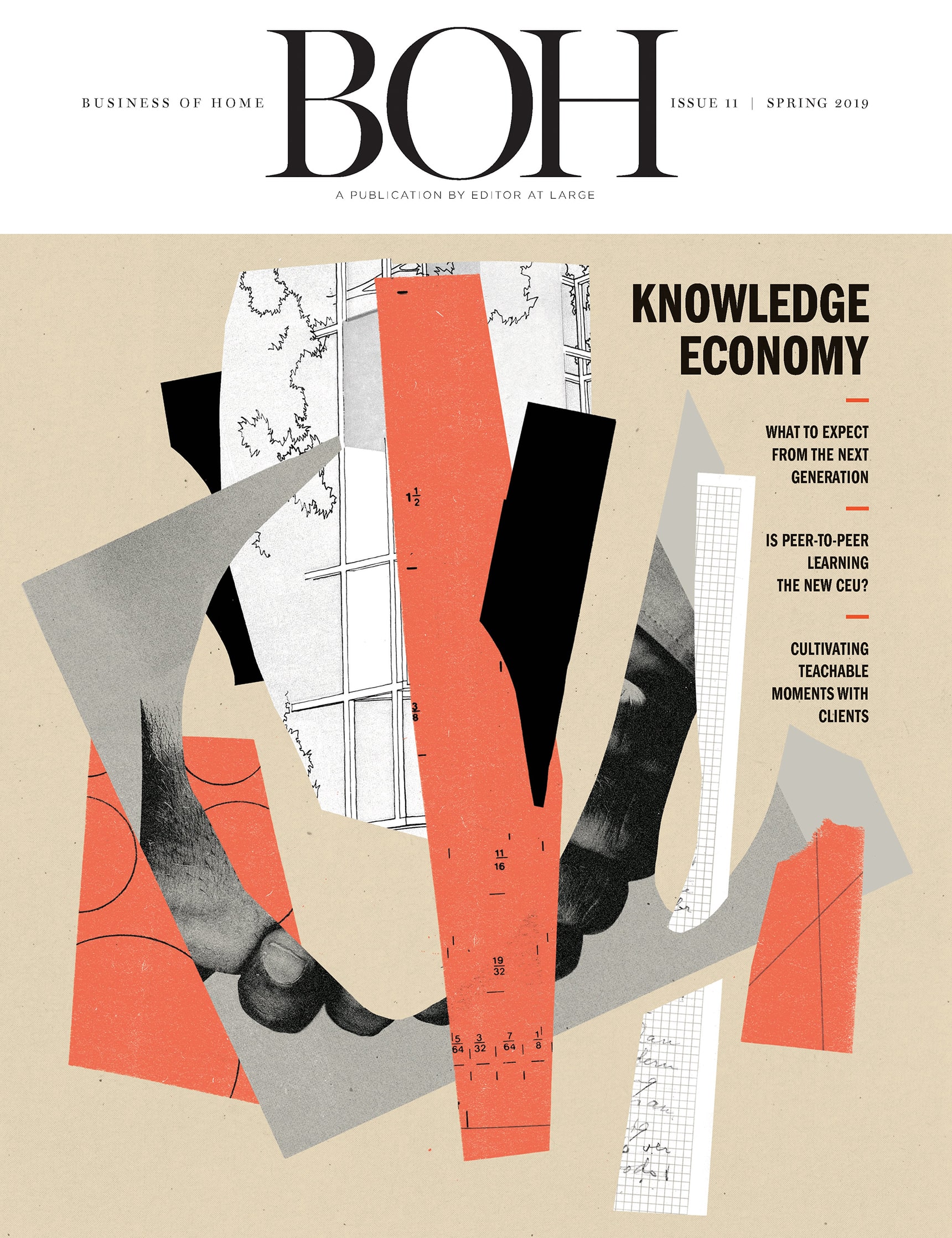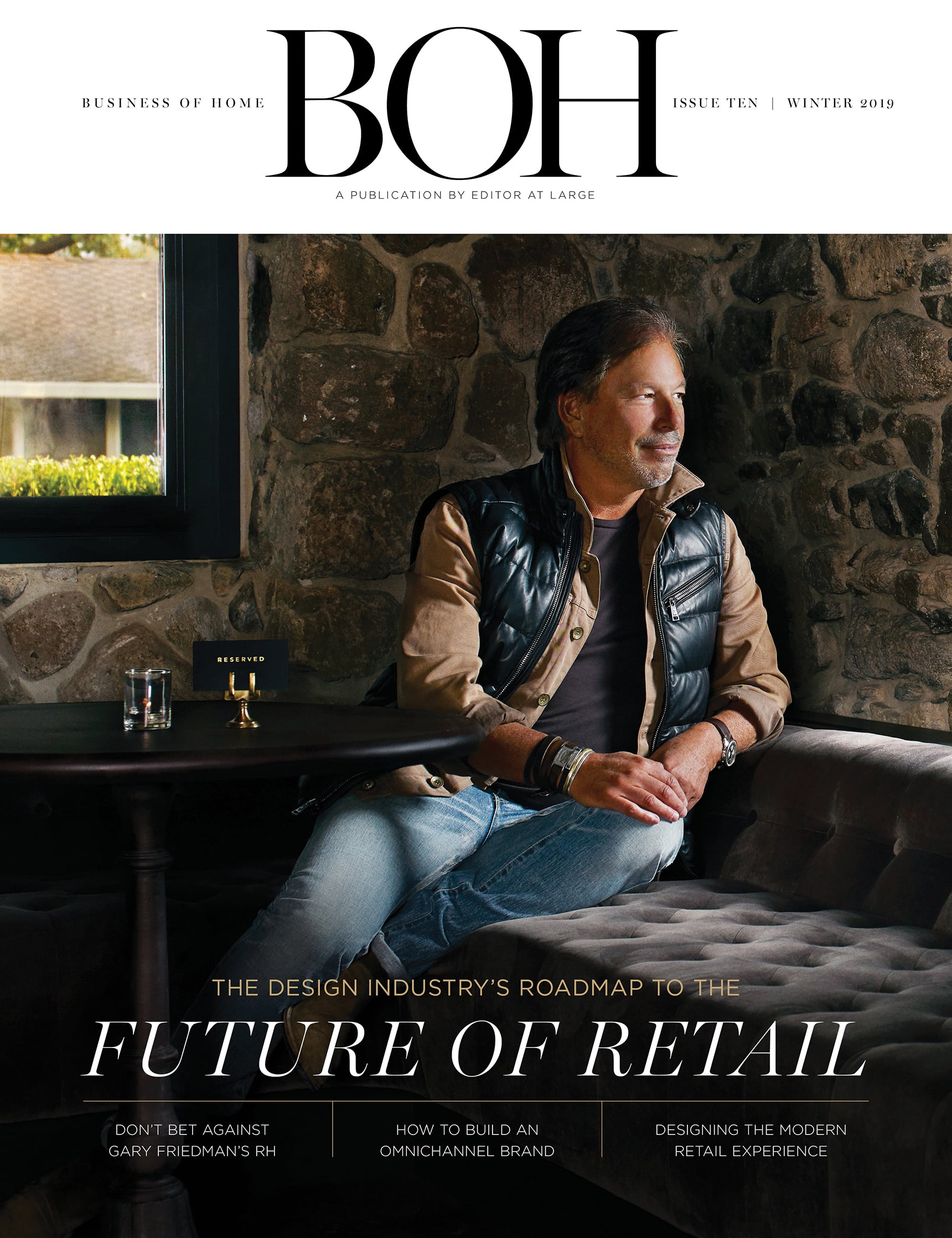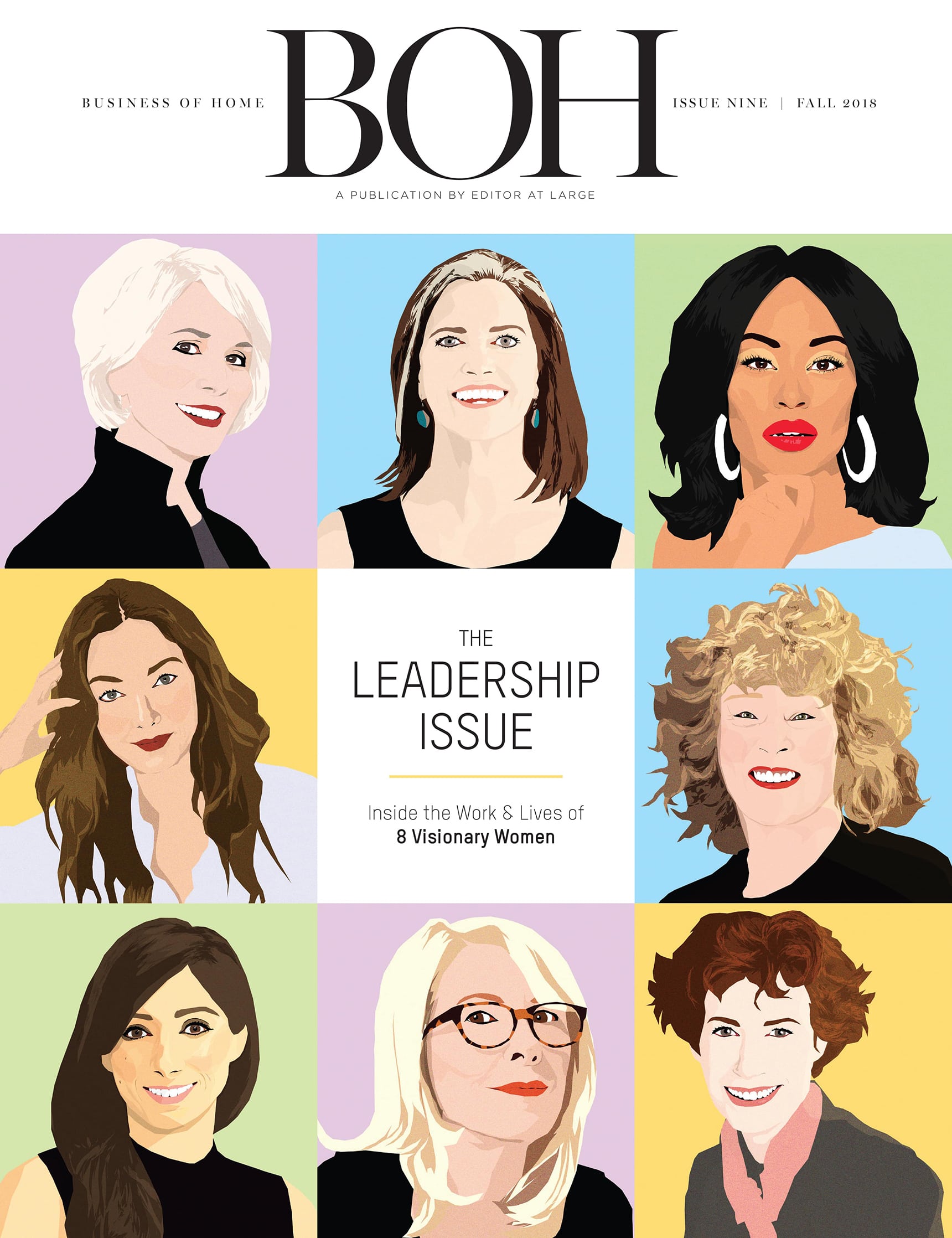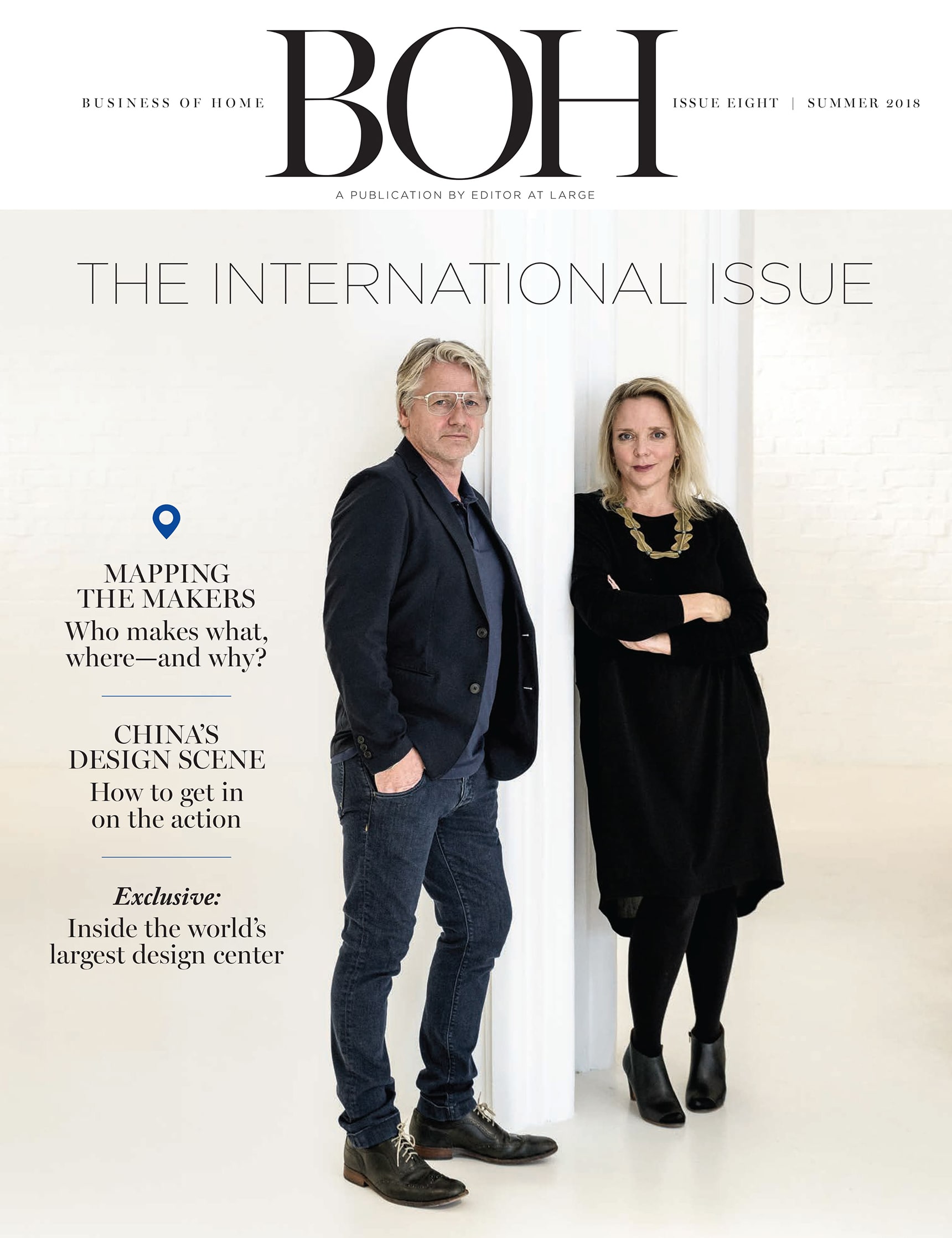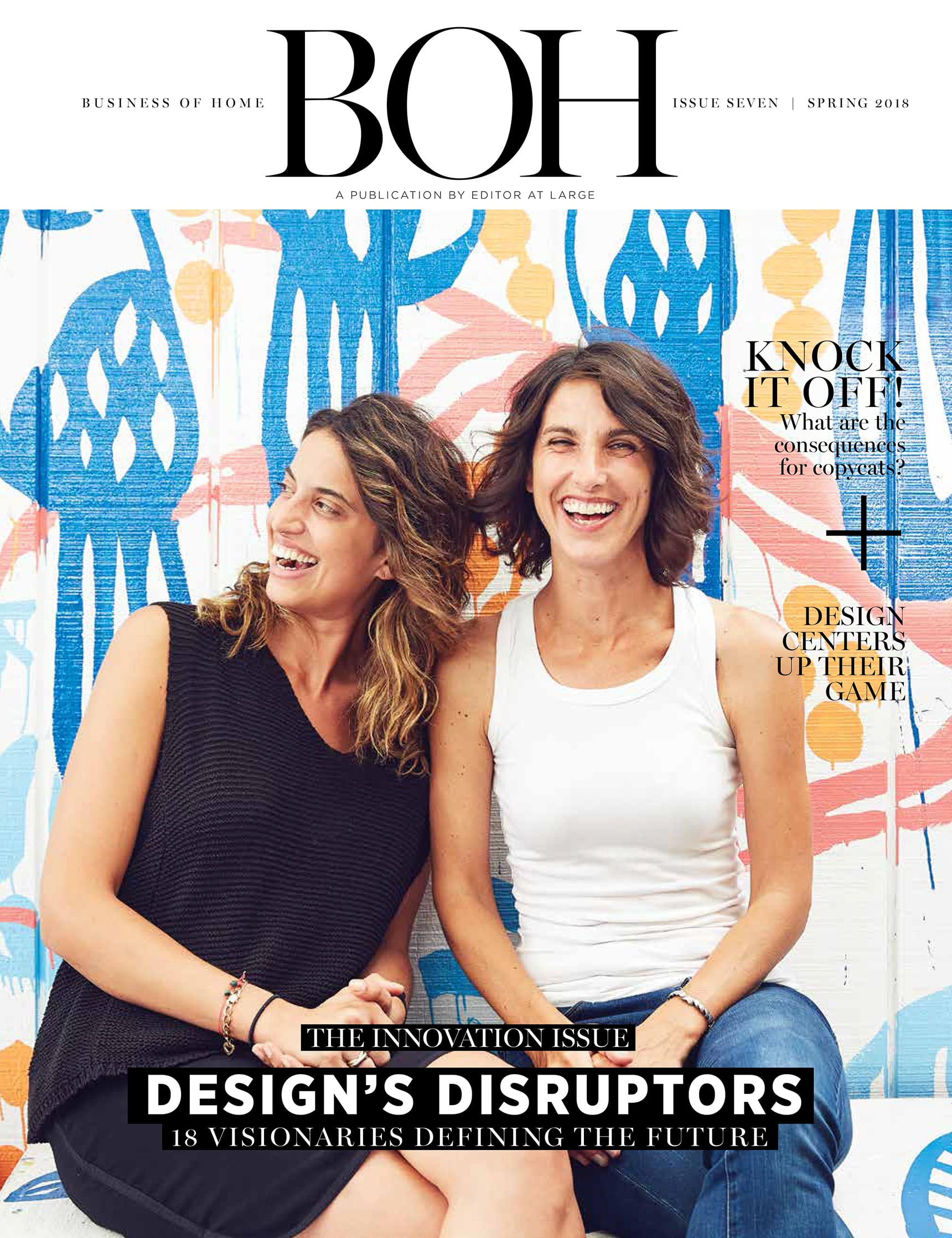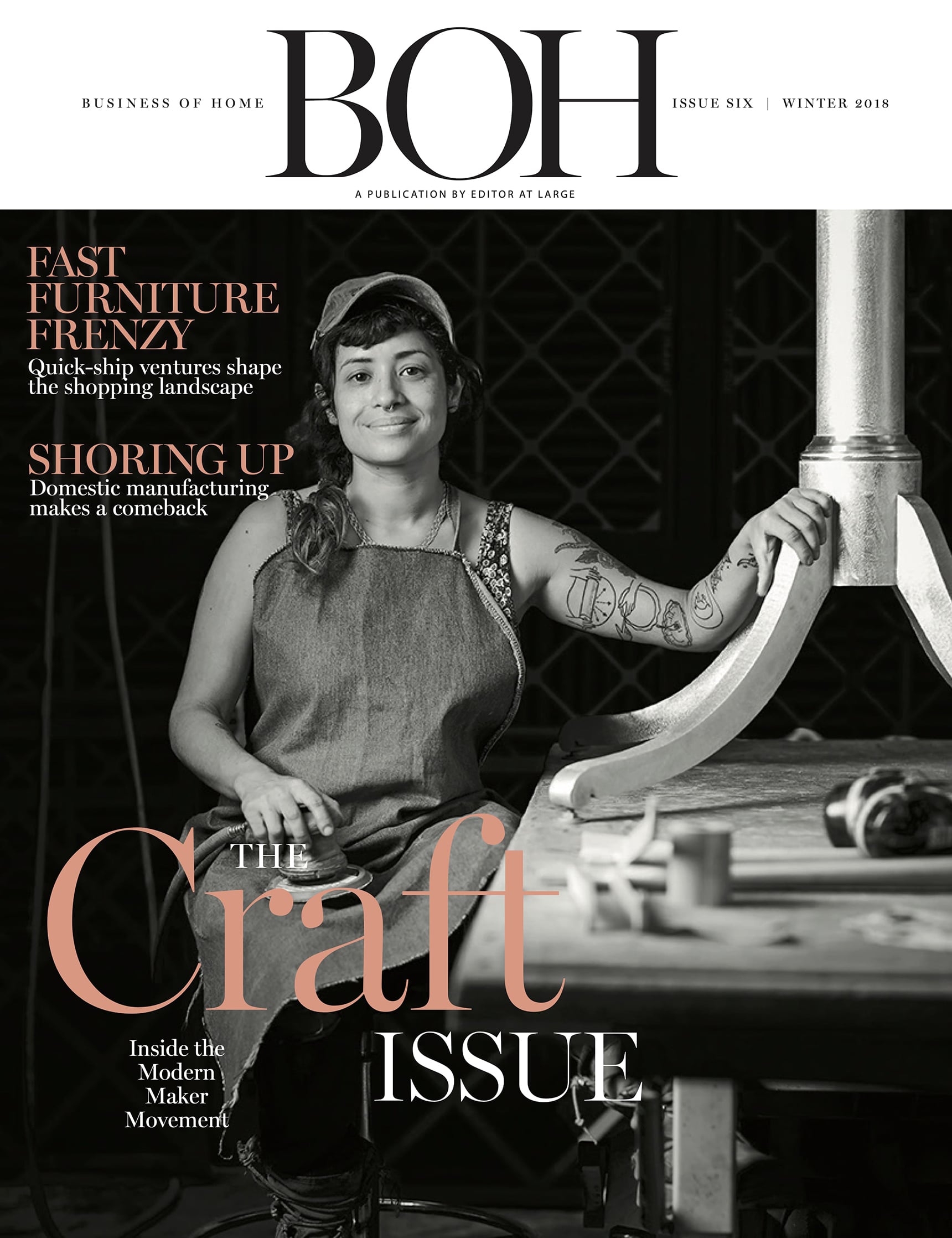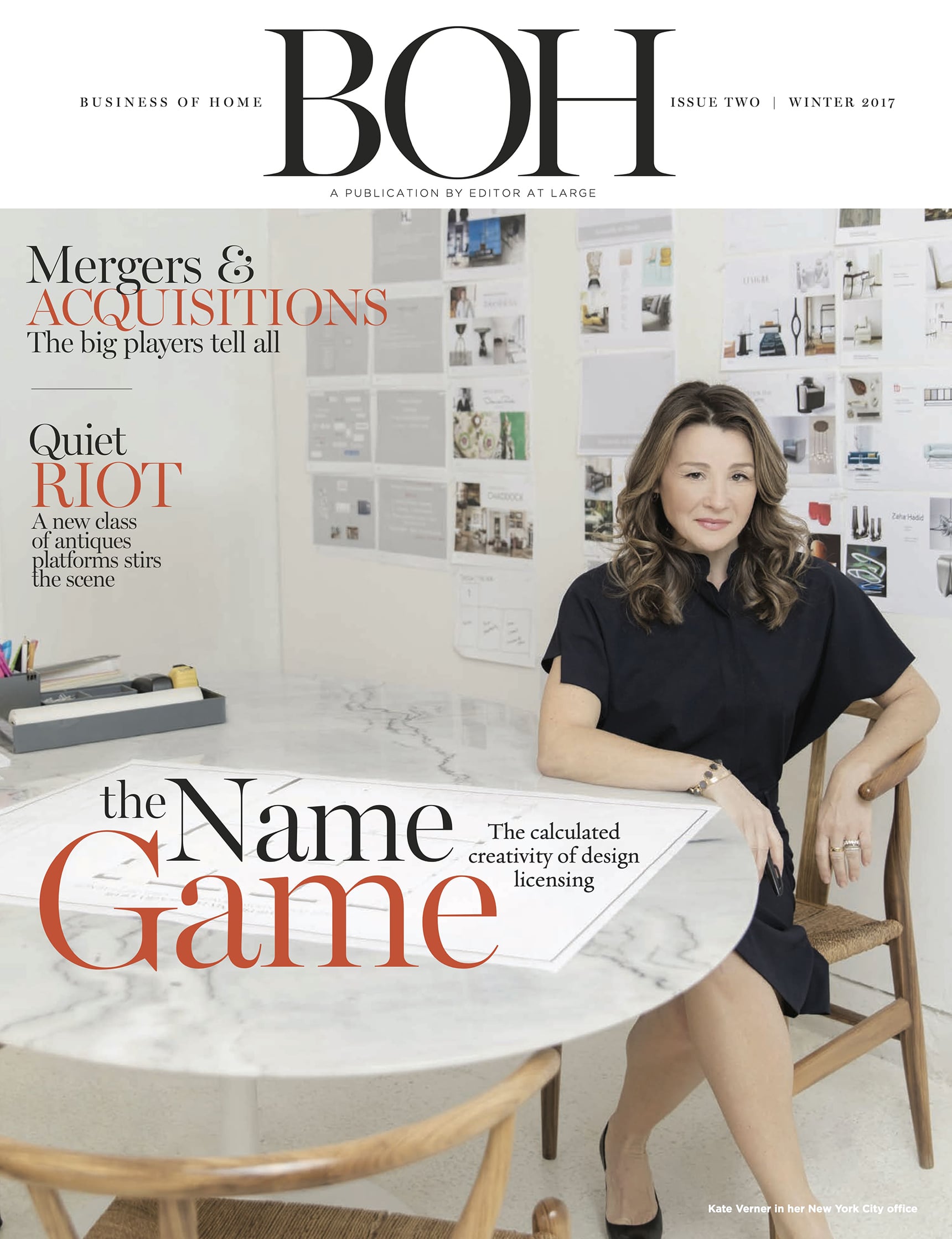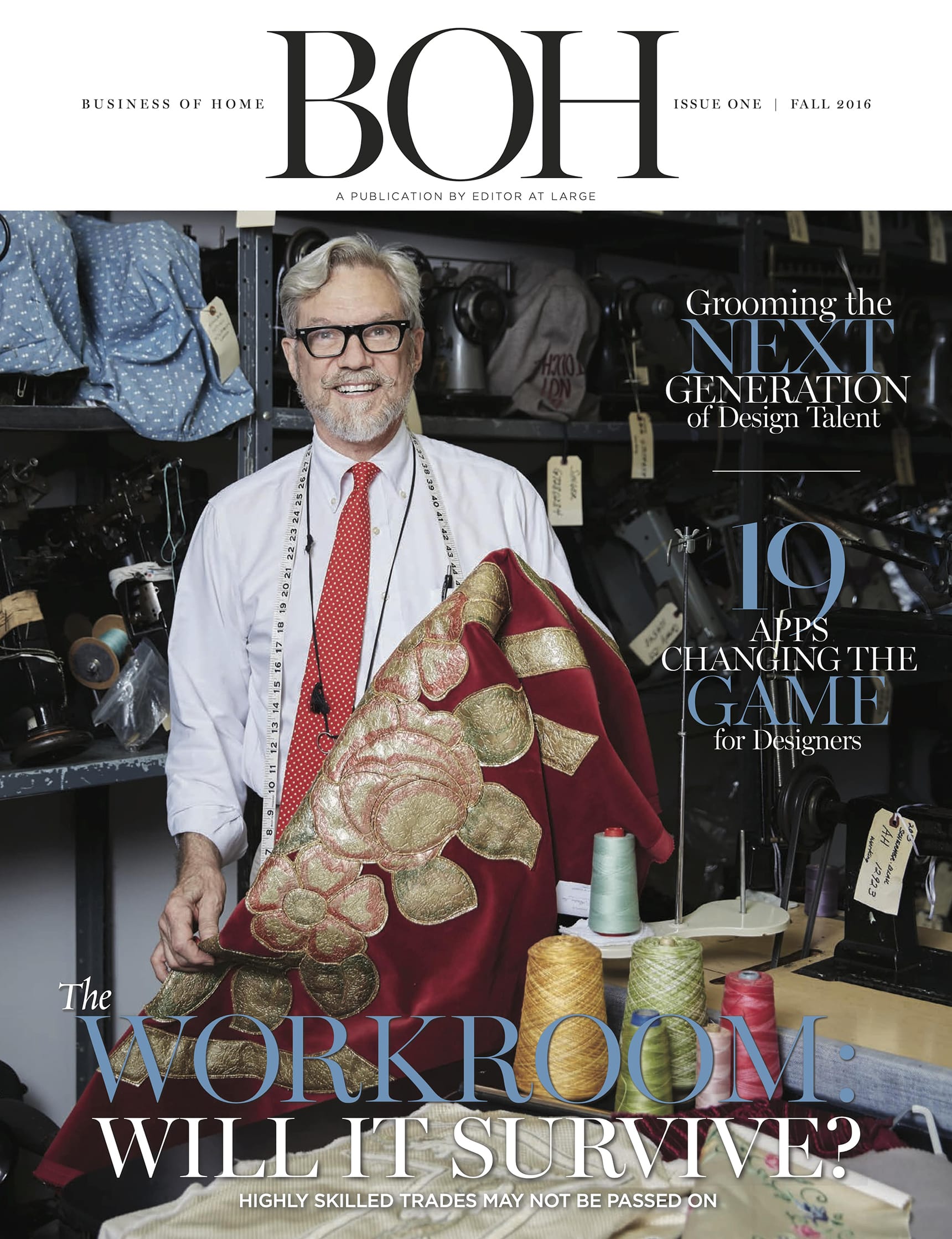“Reclaimed material is not only a sustainable choice, but a poetic one,” says Stickbulb founder Russell Greenberg, whose New York lighting brand sources its light fixtures from the city’s old water towers. “Our mission is to raise material provenance to the same stature as form and function in the design community.” From cotton fiber DNA testing and rapid tree replacement to resourceful repurposing of scrap metal, invasive plants and more, these 13 brands are tough to beat when it comes to transparent sourcing. Shopping with ethical manufacturing or low-impact production in mind? Find the rest of BOH's green shopping guide here.
Homepage photo: Courtesy of Stickbulb. Product photography: Skylar Morgan, Andrew Thomas Lee; all others courtesy of brands.

BOH subscribers and BOH Insiders.

















